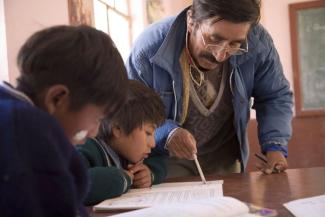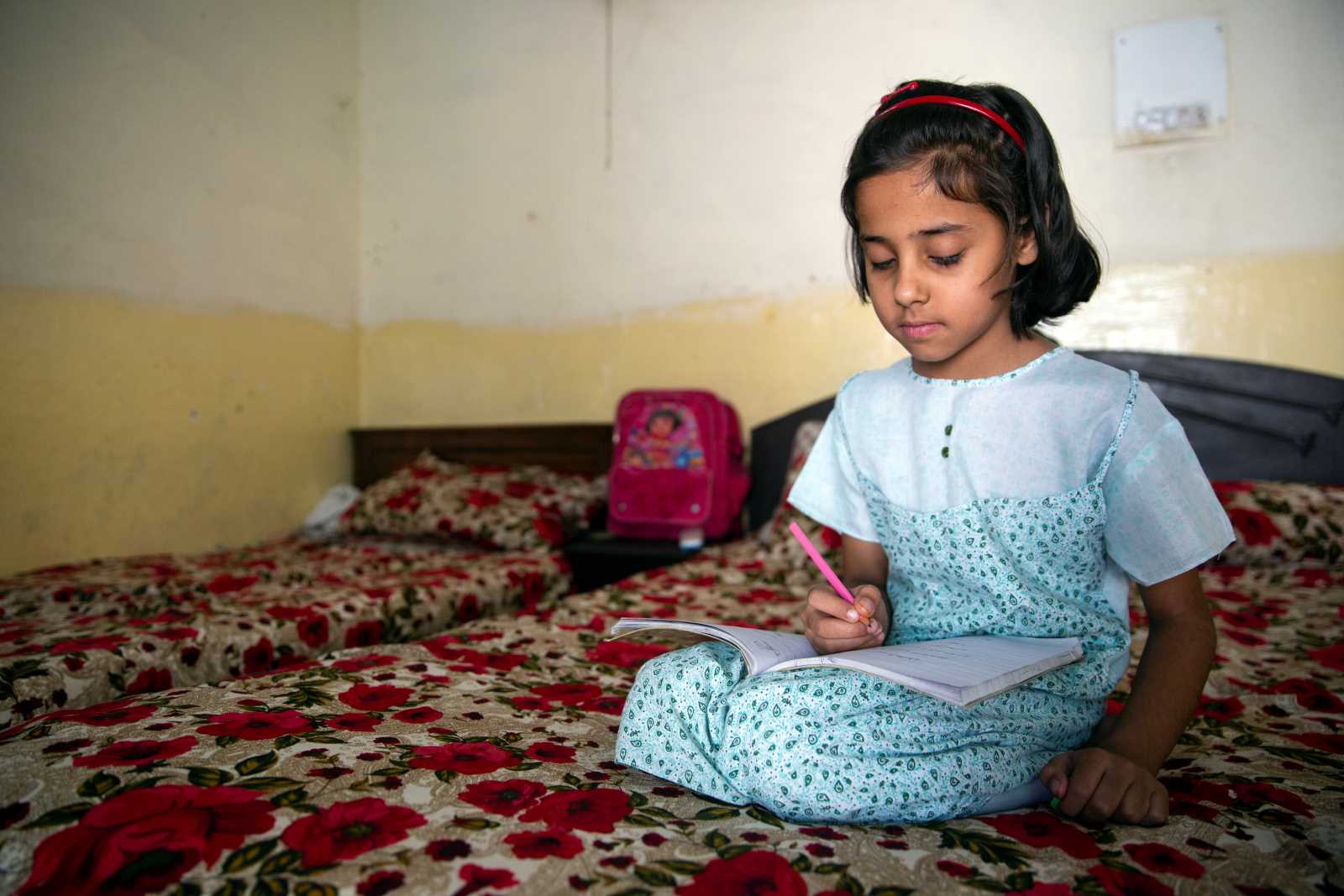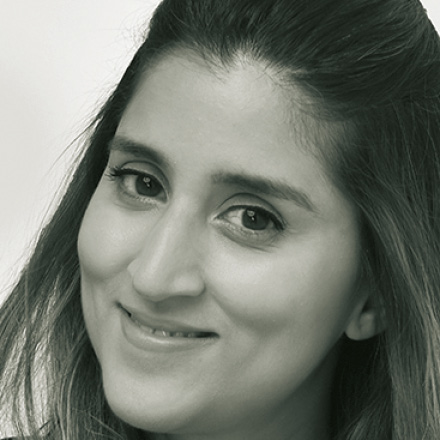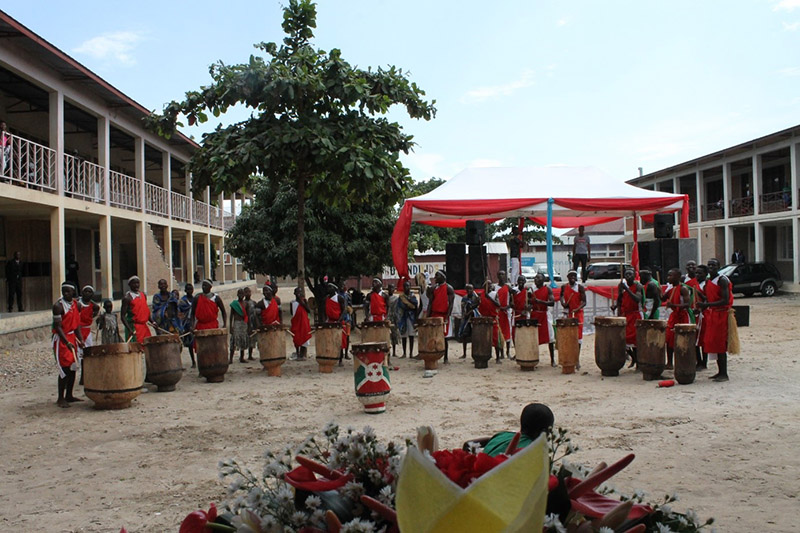Editorial
Foundation for a better future

Today, some 57 to 58 million children of primary school age do not attend classes. Most of them live in Africa, and more girls than boys are affected. Of the children who go to school, however, too many drop out early. In sub-Sahara Africa, only 56 % of children complete a full primary school education.
It is considerable progress that roughly 90 % of children worldwide start primary school. But that is not enough. The UN Millennium Development Goal 2 was universal primary education by 2015. It has not been achieved, and thus reappears on the 2030 Agenda for Sustainable Development Goals (SDGs) that the UN adopted this year. SDG4 now demands to ensure universal primary and secondary education by 2030.
Primary education must both be free and compulsory in all countries. Free does not only mean that there is no school fee. Too often, the costs of books, other materials, school uniforms and transport become hurdles for poor families. Habits of paying “tea money” or extra tutoring fees to teachers must be eradicated. Teachers must be paid well, treated well and trained well. They deserve respect. Teachers make a big difference.
Many children don’t go to school simply because there is no school in reach. This is especially true in rural, mountainous and remote areas with poor infrastructure. In those places, schools – if they exist at all – tend to be underequipped in every respect. For good reason, the SDGs focus not only on schools, but on the quality of education as well. It is not sufficient just to provide some kind of school. Governments must build decent schools, hire good teachers in sufficient numbers and provide adequate teaching materials.
If public schools lack quality, better-off families tend to send their children to private schools. That is the case in many developing countries. In some places, only graduates of expensive private schools have chances of going to good universities or even obtain higher education at all. The result is a two-class system, denying poor families’ offspring upward mobility.
Language can be a barrier too. Many countries are multilingual, but many girls and boys are not offered primary education in their mother tongue. Learning thus becomes more difficult, and especially children of poor and illiterate parents become marginalised. The language used at school, moreover, is also often regarded as part of a different, sometimes suppressive culture. Parents are reluctant to entrust their children to those institutions.
In many societies, children are not highly valued. However, it is fatal to disregard the youngest or to skimp on their behalf. They are the future, and a good future needs a strong foundation. Quality education is indispensable.
Katja Dombrowski is a member of the editorial team of D+C Development and Cooperation / E+Z Entwicklung und Zusammenarbeit.
euz.editor@fs-medien.de











